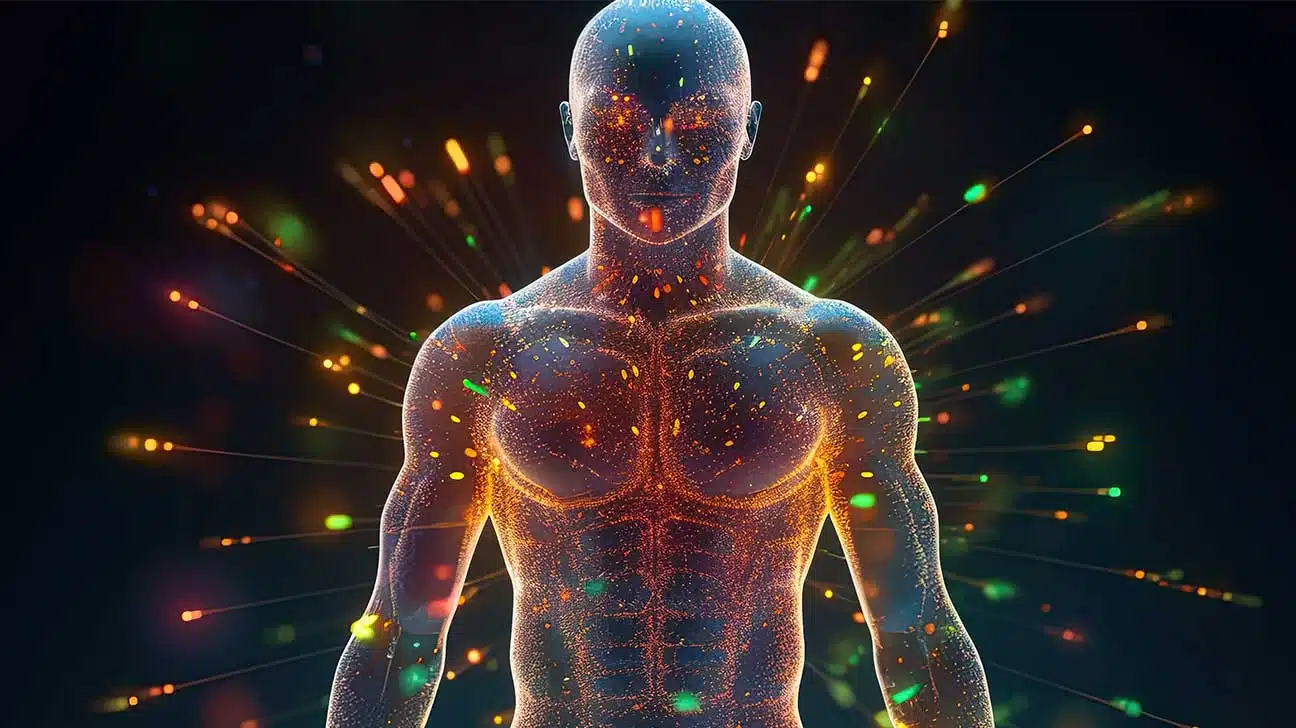
A chemical dependency on substances, especially opioids, alcohol, or benzodiazepines, can result in difficult and dangerous withdrawal symptoms once a person stops substance use.
It is always recommended that people with a substance use disorder (SUD) seek medical assistance from a rehab center or detox center to avoid withdrawal complications.
The detox process in an addiction treatment facility usually includes a medical evaluation and 24/7 medical supervision, followed by the development of an addiction treatment plan.
The Detoxification Process
When a person stops using drugs or alcohol, they often will experience withdrawal symptoms, even if their drug or alcohol use occurred only for a short time.
This occurs because the body is ridding itself of toxic substances. When substance use has transpired for a long time, withdrawal symptoms can be especially difficult.
People with addictions involving alcohol, benzodiazepines, and opioids including heroin and prescription painkillers may even experience life-threatening withdrawal symptoms.
Round-the-clock support from medical professionals can help make the detox process safe and successful, preparing the person for an addiction treatment program.
Assessment And Medical Evaluation
When first entering an addiction treatment center, people typically receive a comprehensive health assessment.
This involves evaluating their physical and mental health, substance use history, and specific needs. Medical tests may be conducted to determine the types and amounts of substances in the body.
This assessment guides the development of a personalized detox plan, ensuring safety and effectiveness throughout the process.
Withdrawal Symptom Management
Clients typically begin to experience the physical symptoms of withdrawal within an hour or several hours. Other physical symptoms may take days to appear.
Some common physical withdrawal symptoms include:
- nausea
- sweating
- insomnia
- muscle aches
- tremors
During this phase, clients receive care from medical staff who closely monitor and manage these symptoms, offering medications, hydration, and other support to alleviate discomfort and reduce health risks.
Medications may be used to help with drug and alcohol detox, including:
- methadone
- buprenorphine
- clonidine
- naltrexone
- benzodiazepines
The goal is to ensure a safe, successful withdrawal process, promoting physical stabilization before moving on to the next steps in addiction treatment.
How Long Is The Detox Process?
The duration of the detox process varies widely depending on individual factors, such as the type of substance used and the severity of the addiction.
In general, detox can last from a few days to a couple of weeks. Some substances have shorter withdrawal periods, while others can take longer.
Individual treatment plans can address different levels of SUDs and different detox needs, including when post-acute withdrawal syndrome (PAWS) is involved.
PAWS is a set of symptoms that can occur following the acute phase of withdrawal. PAWS can last for several weeks or even months.
PAWS symptoms can include:
- mood swings
- anxiety
- sleep disturbances
- cognitive difficulties
PAWS can be challenging, but support is available. Symptoms of PAWS often improve over time with continued abstinence and support.
Transitioning To Ongoing Treatment: Psychological Support And Counseling
As physical withdrawal symptoms subside, a myriad of psychological withdrawal symptoms may become more apparent.
Mental and emotional detox symptoms may include:
- anxiety
- depression
- drug cravings
- mood swings
- suicidal ideation
- hallucinations
- anger
Medical staff may also be able to offer help with some of these symptoms. Clients may also benefit from therapy and counseling to address these psychological effects, once detoxing is complete.
Detox alone is often insufficient for long-term sobriety. After completing detox, clients are typically referred to further treatment.
Common treatment options after detox include:
- residential treatment programs
- inpatient programs
- outpatient programs, such as intensive outpatient programs (IOP)
These various treatment programs typically offer therapy and counseling from licensed professionals, who can help clients understand and cope with their cravings, emotions, and triggers.
Some examples of psychotherapy used in addiction treatment include:
- cognitive behavioral therapy (CBT)
- individual therapy
- group therapy
- motivational interviewing (MI)
- contingency management
Along with evidence-based approaches, other support services include:
- nutrition and dietary support
- relaxation techniques, such as yoga and meditation
- nature and art therapy
Emotional support can be integral to recovery success, making treatment a more holistic process.
Find Drug And Alcohol Treatment Today
Locate the right addiction treatment center for yourself or a loved one today by visiting AddictionResource.net.
Addiction Resource aims to provide only the most current, accurate information in regards to addiction and addiction treatment, which means we only reference the most credible sources available.
These include peer-reviewed journals, government entities and academic institutions, and leaders in addiction healthcare and advocacy. Learn more about how we safeguard our content by viewing our editorial policy.
- National Library of Medicine – Overview, Essential Concepts, and Definitions in Detoxification
https://www.ncbi.nlm.nih.gov/books/NBK64119/


